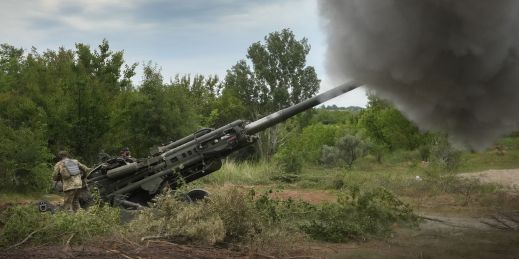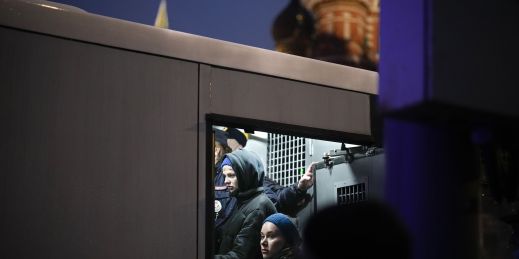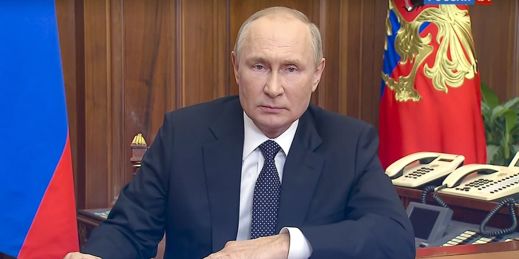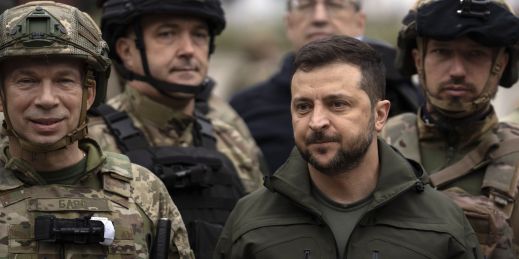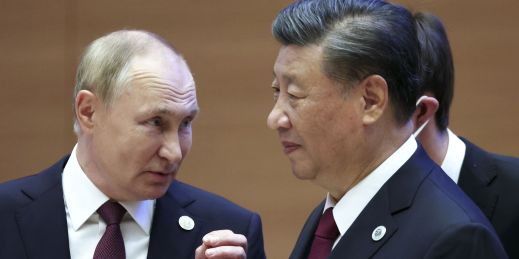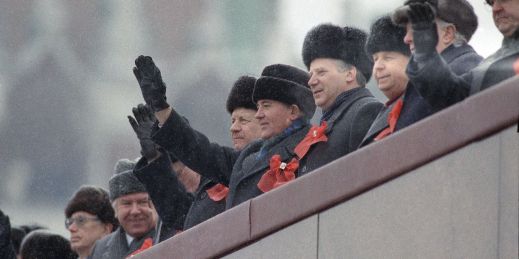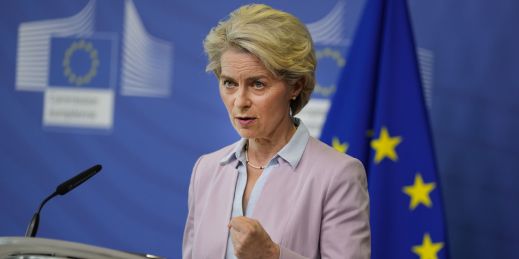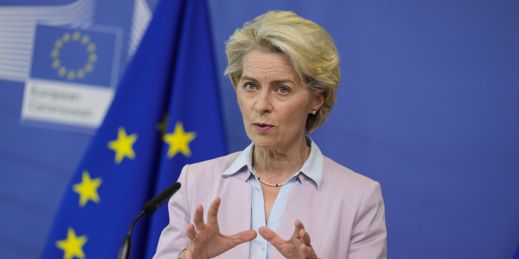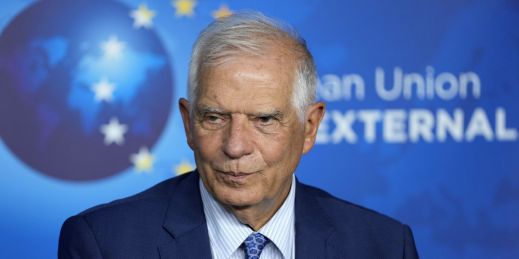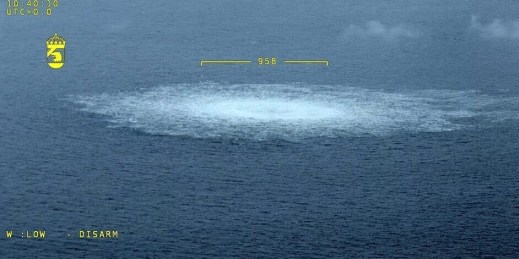
Speculation is heating up in Brussels over this week’s attack on the Nord Stream pipelines carrying Russian gas to Europe under the Baltic Sea. Many in the West suspect Russia to be behind the sabotage of the pipelines, but Moscow has denied any involvement, pointing the finger at the U.S. or Ukraine instead.

